Pages for Prosperity: Discussing Civil Eats’ Walanthrophy Series | NGIN Book Club
Written by Betsey Suchanic
At NGIN, we grapple with topics relating to equitable economic development every day in both our professional and personal lives, from the communities we work alongside to the businesses we shop at. As a team, we wanted to create a way to explore different topics and experiences within the realm of inclusive growth that are not necessarily part of our everyday projects. Additionally, as a fully remote team, we are always exploring ways to build new ways to connect and grow together. Our first step was to create a team book club, Pages for Prosperity.
This year, we are convening our team for quarterly discussions to dive into and discuss various books, podcasts, articles, films, and other content related to inclusive economic development. Facilitated by Mari Kate Mycek and Betsey Suchanic, Pages for Prosperity operates in much the same way as a typical book club, with team members submitting discussion materials and voting to select that quarter’s topic.
It was that selection and voting process that led our team to discuss an ongoing investigative series from Civil Eats, an independent, nonprofit digital news and commentary site about the American food system. This series titled, ‘Walanthrophy’ explores the unprecedented influence that Walmart and the Waltons wield over food, policy, and the planet. As described by Civil Eats: “We take a detailed look at Walmart and its founding family’s influence over the American food system, over the producers and policymakers who shape it, and how its would-be critics are also its bedfellows.” At the time of our discussion, there are six articles currently published in the series, including:
During our discussion, we reflected on what aspects of the stories related to our current and past personal and professional lives and what resonated with us most deeply. Some themes included:
Corporations have too much power.
As a surprise to no one on our call, we reflected on Walmart's ability to wield power through business practices, partnerships, policies, and philanthropy, that directly and indirectly affects many individuals, small businesses, and communities. We also recognized that Walmart is not the only corporation leveraging this playbook. Walmart is just one of many large corporations that have prioritized profit over everything else, including people and the planet.
Corporations can serve as anchors.
In acknowledgment of large corporations' profit and power, there is still a role for them to serve as anchors in our communities. Team members cited examples of Walmart being the only business in communities with low food access. At same time, team members recalled the economic fallout from large corporations leaving their communities. As a team, we think about anchor institutions and their responsibilities to the local economy frequently, but we don’t often consider the responsibility of large corporations through the lens of anchors.
Personal consumer choices can only go so far.
Team members shared how they felt they contributed to this corporate system, whether by shopping at Walmart or ordering two-day shipping from Amazon, and the ripple effects their personal consumer choices can have on worker wages or environmental impacts. And while the consensus was that we have the power to make economic decisions with our own dollars, these choices won’t change the larger economic system that has allowed Walmart and other large companies to circumvent or even change policies and regulations. Just changing how we spend our own dollars won’t be enough to repair the harm Walmart and other corporations have had on our economies and planet.
We need regulations and transparency to build accountability and measure progress.
A common thread across the articles was the announcements by Walmart of new initiatives and efforts to mitigate environmental pollution or encourage purchasing from local producers, with no accountability or follow-up on the results of these efforts. While we can use terms like “regenerative” or “green,” there must be clear outcomes and metrics to show that results have been reached. These efforts require transparency and regulation to ensure that change is happening. Beyond just policy and regulation, our team reflected on the role of media and reporting and how corporations strategically share information (or not) with the public; in particular, we discussed our fears of the changing and increasingly corporate-owned news outlets and the closing of local media companies.
We need imagination to create change.
As we wrapped up our heavy discussion, our colleague, Cuevas Peacock, gave us hope by reminding us, “We need to challenge the notion we can’t do something a different way.” As we look at these large corporations and our economic realities, it is a powerful reminder that we have the power to reimagine our economies. He encouraged us to look beyond the system we work within today by saying, “There can be a limited imagination because this is all we know and all we imagine, but there is something else – it has to be created.”
Want to bring this discussion to your organization or community?
As NGIN convenes these discussions among team members to learn more about inclusive economic development, we wanted to share our discussion materials, questions, and takeaways with our broader network. As you feel it’s relevant to your organization, partners, or community, please feel free to download and host a Pages for Prosperity discussion.

